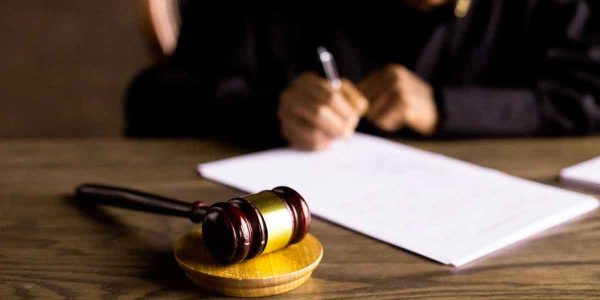Emptying a House Before Probate in Miami: Legal Considerations
Probate is a legal process that involves the administration of a deceased person’s estate, including the management and distribution of their assets. In Miami, it is important to understand the legal considerations before emptying a house before probate. While the process of emptying a house may seem straightforward, it can have potential risks and legal implications. This blog provides an in-depth examination of the legal considerations involved, the responsibilities of the executor, and the necessary steps to ensure proper asset management during the probate process.
Understanding the Executor’s Responsibilities
The executor, who is typically named in the deceased person’s will, has the responsibility of managing the estate during the probate process. This includes overseeing the assets, paying debts and expenses, and distributing the remaining assets to the beneficiaries. The executor must act in accordance with the law and the decedent’s wishes, ensuring a fair and lawful administration of the estate.
Potential Risks of Emptying a House Before Probate
Emptying a house before probate can pose potential risks, including:
- Property Preservation: Without proper supervision, valuable assets within the house may be damaged, lost, or mismanaged, leading to financial loss for the estate and potential disputes among beneficiaries.
- Legal Challenges: Beneficiaries or other interested parties may challenge the executor’s actions if they believe that valuable assets were disposed of improperly or without their knowledge.
- Creditor Claims: The estate may have outstanding debts or creditor claims that need to be settled. Prematurely emptying the house may make it difficult to identify and address these obligations.
- Incomplete Asset Inventory: Emptying the house before probate can make it challenging to create a comprehensive inventory of assets, potentially leading to difficulties in asset distribution and compliance with legal requirements.
Steps for Proper Asset Management During Probate
To ensure proper asset management during the probate process and mitigate risks, consider the following steps:
1. Consult with an Experienced Probate Attorney
Seeking guidance from an experienced probate attorney is crucial before emptying a house before probate. They can provide legal advice based on the specific circumstances and guide you on the proper procedures to follow.
2. Secure and Protect Assets
Prioritize securing and protecting the assets within the house. This includes taking measures to prevent theft, damage, or unauthorized access. Consider changing locks, installing security systems, and documenting the condition of the assets.
3. Create a Detailed Inventory
Create a detailed inventory of the assets within the house, including photographs, descriptions, and estimated values. This inventory will serve as a record and facilitate the proper distribution of assets during probate.
4. Identify and Address Debts and Expenses
Identify any outstanding debts, expenses, or creditor claims associated with the estate. Work with the probate attorney to address these obligations properly and ensure they are settled before proceeding with asset distribution.
5. Comply with Probate Laws and Court Orders
Ensure compliance with probate laws and any court orders related to the administration of the estate. Follow the instructions provided by the probate court and seek court approval when necessary.
Expert Guidance for Proper Asset Management
Proper asset management during the probate process is essential to ensure a fair and lawful distribution of the estate’s assets. At Morgan Legal Group PLLP, our experienced probate attorneys can provide the necessary guidance and support to executors in Miami.
We understand the legal complexities involved in asset management and can help you navigate the process effectively. Our team will ensure that assets are protected, debts are addressed, and the proper procedures are followed to meet legal requirements.
Conclusion
Emptying a house before probate in Miami requires careful consideration of the legal implications and potential risks. Executors should be aware of their responsibilities and take steps to ensure proper asset management during the probate process. Seeking guidance from an experienced probate attorney is crucial to mitigate risks and ensure compliance with probate laws. Morgan Legal Group PLLP is here to provide the necessary expertise and support to executors, protecting their interests and facilitating a fair and lawful administration of the estate. Contact us today to schedule a consultation and discuss your specific situation.







